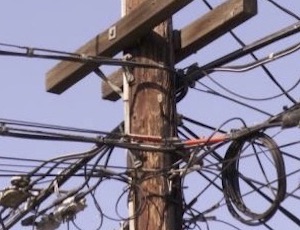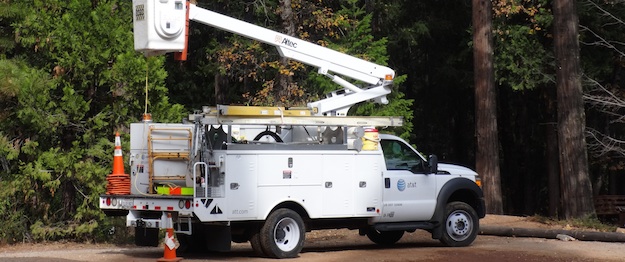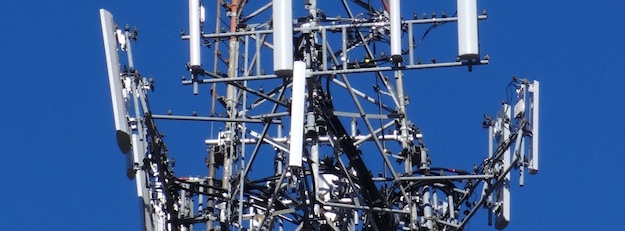Feds and Texas say yes to Frontier purchase of Verizon system

Fiber and copper, but no strings.
Frontier Communications’ purchase of Verizon’s wireline telephone systems – copper and fiber – in California, Texas and Florida can go ahead, with no particular conditions attached, according to the Federal Communications Commission. On the whole, the public will benefit from the purchase because Frontier will improve landline broadband service and Verizon won’t, according to the FCC’s order approving the deal…
… MoreWe conclude that Frontier is more likely to accelerate broadband service in the transaction market areas than Verizon would be absent the transaction, and that this potential for acceleration represents a tangible public interest benefit.

![By Visitor7 (Own work) [CC BY-SA 3.0 (https://creativecommons.org/licenses/by-sa/3.0)], via Wikimedia Commons](https://www.tellusventure.com/images/2015/8/orlando_convention_center.jpg)
![Eric Jones [CC BY-SA 2.0 (https://creativecommons.org/licenses/by-sa/2.0)], via Wikimedia Commons](https://www.tellusventure.com/images/2015/8/life_buoy.jpg)
![Gavindow at en.wikipedia [GFDL (https://www.gnu.org/copyleft/fdl.html) or CC BY 3.0 (https://creativecommons.org/licenses/by/3.0)], from Wikimedia Commons](https://www.tellusventure.com/images/2015/8/shot_clock.jpg)


